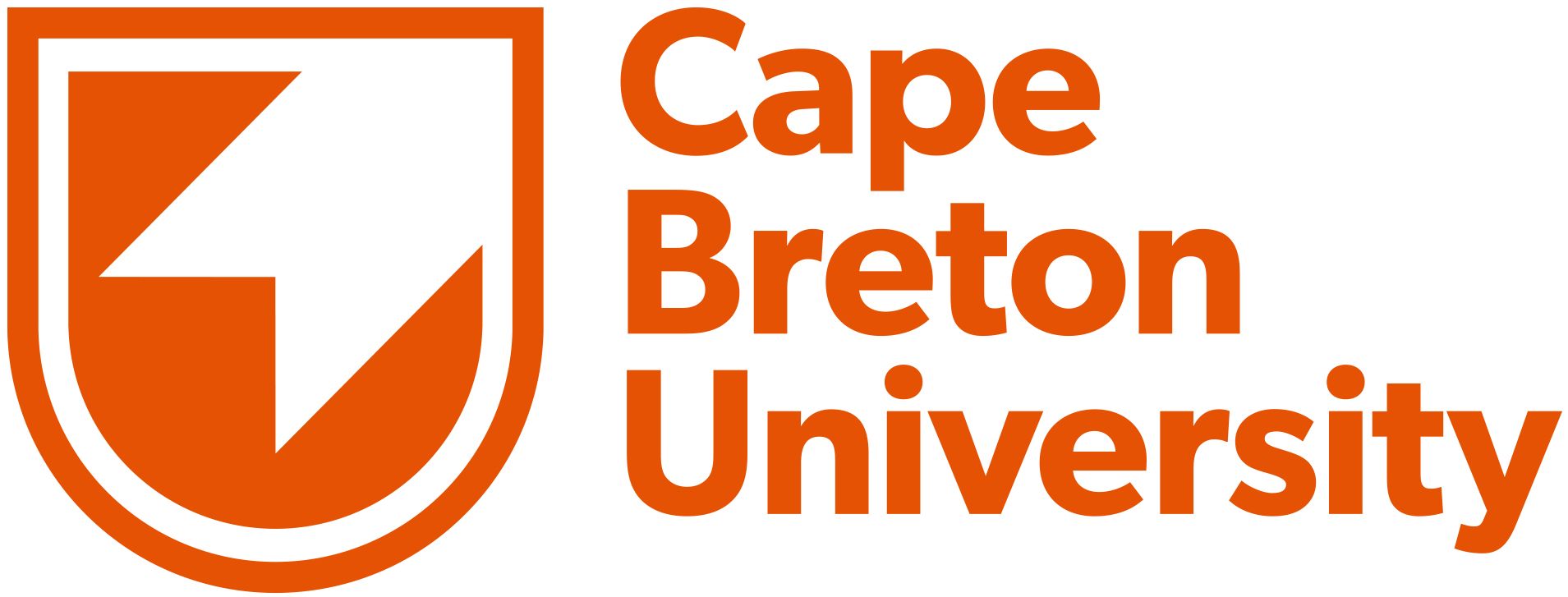Supply Chain Environmental Management
Main contact
Timeline
-
February 14, 2022Experience start
-
February 19, 2022Project Scope Meeting
-
April 30, 2022Experience end
Timeline
-
February 14, 2022Experience start
-
February 19, 2022Project Scope Meeting
Meeting between students and company to confirm: project scope, communication styles, and important dates. (All data and/or case descriptions that the students will need to complete the project should be given to the students by this milestone).
-
April 30, 2022Experience end
Experience scope
Categories
Supply chain optimization Operations Environmental sustainabilitySkills
sourcing data analysis research business consulting and strategy written and oral communicationCompanies increasingly adopt supply chain strategies and practices to advance environmental and business objectives. However, the cost-benefits of these environmental initiatives are difficult to evaluate. This course aims to provide the skills to understand and assess these issues by helping students learn the critical elements of environmentally responsible supply chain management. The tools and skills related to green/environmental design, procurement, manufacturing, logistics, and services in supply chain operations. The pedagogical approach involves a mix of lectures, journal article readings, in-class discussion, case studies, textbook chapter reviews, and term project.
Reh School’s Mission Statement
We integrate high-impact, interdisciplinary scholarship with teaching excellence to develop business leaders who combine business acumen, analytical thinking, technical expertise, and a global perspective to benefit business and society.
Learners
The final project deliverables may include:
- A final project report
- A 25-minute final presentation (15+3 - minutes summary executive talk and 7-minute Q&A), which the industry partners (if there is one) can attend in person or via Skype or Zoom
Project timeline
-
February 14, 2022Experience start
-
February 19, 2022Project Scope Meeting
-
April 30, 2022Experience end
Timeline
-
February 14, 2022Experience start
-
February 19, 2022Project Scope Meeting
Meeting between students and company to confirm: project scope, communication styles, and important dates. (All data and/or case descriptions that the students will need to complete the project should be given to the students by this milestone).
-
April 30, 2022Experience end
Project examples
Project scopes are subject to consultation with the course instructor, and students may contribute to a substantial project in areas that include but are not limited to:
- Recognize the challenges and opportunities in environmentally responsible operations.
- Differentiate between preventative and remediation approaches to sustainability.
- Use quality management, lean techniques, and Life Cycle Analysis in identifying and reducing waste, cost, and environmental impacts.
- Conduct Carbon Footprint Analysis.
- Suggest approaches for environmental product and process design.
- Apply management principles to lower inventories and save energy.
- Develop action plans to reduce costs and environmental impacts while improving the overall quality of the products.
- Develop action plans for cost-effective reverse logistics.
- Suggest alternatives for cost-effective "remanufacturing" to enhance sustainability in operations and supply chains.
- Assess the constraints to Closed-Loop Supply Chain Operations.
- Derive managerial conclusions from the analysis of sustainability problems.
- Analyze your organizational data and provide managerial insight on how you can select the best supplier(s) for your new product/materials, develop a purchasing plan
- Evaluate the performance of existing suppliers, identify new supply sources, analyze the market, or implement a more effective supply management/supply chain management strategy.
- Analyze a company's environmental supply chain management initiatives.
- Examine the practices concerning a specific product category or division/geographical unit, including the analysis/findings on the firm's motivations for and implementations of environmental initiatives, the organizational structure and infrastructure, the design, sourcing, manufacturing, sourcing, and logistics practices, and the outcomes.
- Supply management/Supply chain management strategy
- Business purchase/ Supply evaluation
- Supplier categorization/ segmentation/ rationalization
- Supplier development and integration
- Supplier selection
Project proposals should answer the following questions to be considered for inclusion in this course:
1. What problems/opportunities would you like student teams to address through this project? Please be specific.
2. What are the benefits of this project to your organization/customers? Please describe the desired recommendations.
3. What organizational data set(s) will you provide to student teams? Please describe the format and the volume.
Additional company criteria
Companies must answer the following questions to submit a match request to this experience:
Main contact
Timeline
-
February 14, 2022Experience start
-
February 19, 2022Project Scope Meeting
-
April 30, 2022Experience end
Timeline
-
February 14, 2022Experience start
-
February 19, 2022Project Scope Meeting
Meeting between students and company to confirm: project scope, communication styles, and important dates. (All data and/or case descriptions that the students will need to complete the project should be given to the students by this milestone).
-
April 30, 2022Experience end
